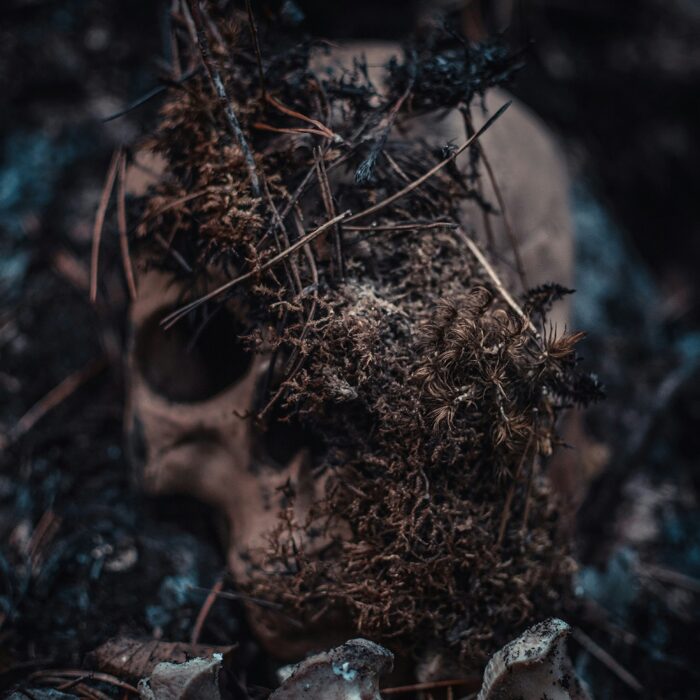You have no items in your cart. Want to get some nice things?
Go shopping
I.
Can you dream your own death? Once, while sleeping, my life was spared because I had a cold.
One by one, people in single file were being flung off the subway platform onto the tracks. It was winter, a season no less harsh for existing only inside me. I was five and traveling alone; the adults wore worn, scratchy coats that flapped like the flags of defeated countries as their bodies fought the air. The tunnel’s acoustics amplified their screams, the only sound besides the thud of bodies. Everything was regimentally organized, and I took my place in line.
When my turn came, I explained in reasoned tones that I should be allowed to live because I was sick. The executioners, also bundled in big, drab coats, huddled to consider me: a child coughing, sniffling, wheezing, hardly able to breathe. They nodded and waved me away.
II.
At the age of 17, I dreamed that the executioners returned, still wearing bulky overcoats but now standing in the kitchen of my parents’ house. There was no food, for this was a place of hunger in a country of famine. At stake this time: not my life, but control over knowledge that affected the future of humanity. An object that resembled a ping pong ball contained the secret of the universe; a hidden spring, if touched just so, would unlock it. We grappled for its possession, scuffling on the black-and-white checkerboard floor like breakaway chessboard knights. Could the world, here in this kitchen, be won or lost to the sound of panting, the odor of cold, dirty wool? The wall clock, ticking its impatience, commanded me to seize the moment. So I did, wresting the ball back. Realizing that the executioners could retake it before I found the hidden spring, I crushed the ball in my hand.
The men froze and stared, coats heaving with their still-ragged breath. An eye like a Cyclops’s filled my palm and a voice through my lips declared, “The eye/I? sees all things.” I stood with my enemies, listening for more, but there was just silence. And cold.

About Maria Terrone
Maria Terrone’s debut essay collection, At Home in the New World (Bordighera Press), publishes in November 2018. He nonfiction has appeared in media including Litro, Witness, Green Mountains Review, The Common, Briar Cliff Review, and Potomac Review. Also a Pushcart-nominated poet with work published in French and Farsi and in 25 anthologies, she is the author of the collections Eye to Eye; A Secret Room in Fall (McGovern Prize, Ashland Poetry Press); The Bodies We Were Loaned, and a chapbook, American Gothic, Take 2. In 2015, she became poetry editor of the journal Italian Americana.
- Web |
- More Posts(4)




